Speakers
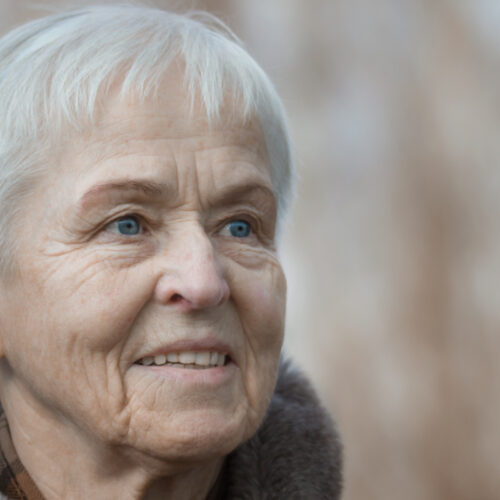
Adelheid Biesecker
Prof. Dr. em. Adelheid Biesecker was Professor of “Economic Theory with Special Consideration of the Socio-Historical Conditions of Origin” in the Faculty of Economics at the University of Bremen. Her research interests include ecological and feminist economics. She is a member of the network “Vorsorgedes Wirtschaften”, the Association for Ecological Economics (Vereinigung für Ökologische Ökonomie – VÖÖ) and of the Scientific Advisory Board of attac Germany. In her work she focuses on models of feminist economics in economic policy practice,
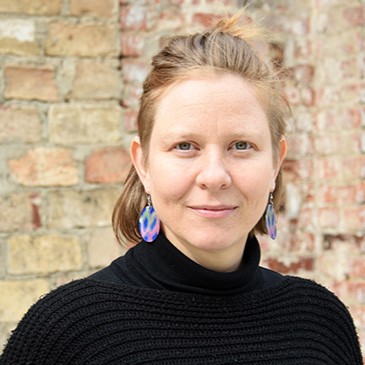
Andrea Vetter
Dr. Andrea Vetter is a transformation researcher, activist, journalist, friend and mother, using degrowth, commons and critical eco-feminism as tools. She is co-author of The Future is Degrowth (Verso, 2022). She is co-founder of the post local rural cultural and activist hub “Haus des Wandels”, located between Berlin and the Polish border. She is editor of the popular magazine for transformation “Oya” and board member of the “laboratoy for new economic ideas” in Leipzig (Germany). She teaches about degrowth and transformation at various universities in Germany and Switzerland and has co-organized a lot of workshops, symposia and international conferences.
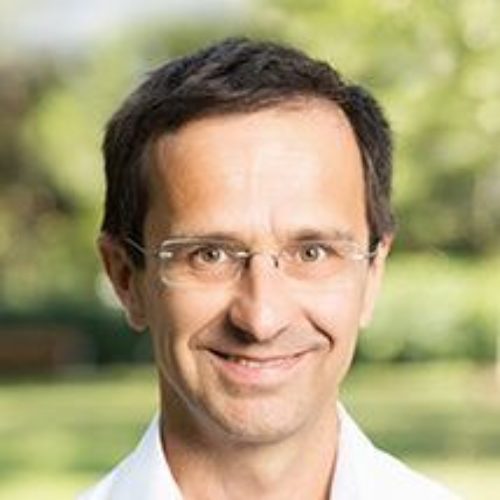
Andreas Novy
Andreas Novy is associate professor and head of the Institute for Multi-Level Governance and Development at the Department of Socioeconomics at WU Vienna. He is president of the International Karl Polanyi Society (IKPS). In 2019 he received, together with Brigitte Aulenbacher, Richard Bärnthaler and Veronika Heimerl, the Kurt-Rothschild-Award for his work on Karl Polanyi. His most recent publications include Local social innovation to combat poverty and exclusion: a critical appraisal (co-eds. S. Oosterlynck and Y. Kazepov (2020, Polity Press), Kari Polanyi: Die Finanzialisierung der Welt. Karl Polanyi und die neoliberale Transformation der Weltwirtschaft (2020, Beltz Verlag; co-eds. M. Brie and C. Thomasberger; German translation of From the Great Transformation to the Great Financialisation), Karl Polanyi: Wiederentdeckung eines Jahrhundertdenkers (2020, Falter, co-eds. B. Aulenbacher, M. Marterbauer and A. Thurnher) and Zukunftsfähiges Wirtschaften (Future-fit Economics) (2020, Beltz Verlag, together with R. Bärnthaler and V. Heimerl).
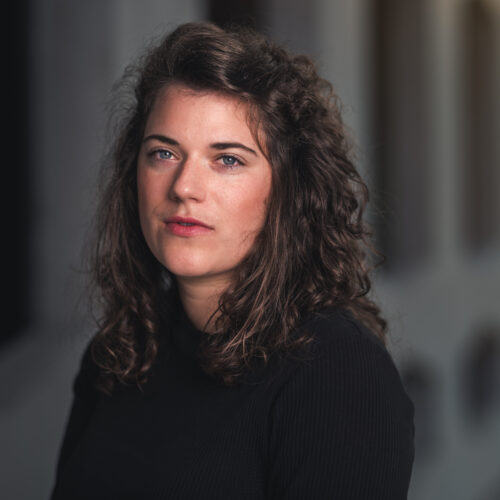
Anna Saave
Anna Saave is a feminist ecological and political economist who focuses on the interweaving of care, reproductive work and ecological processes with the capitalist mode of production, on theories of accumulation as well as on post-growth and transformation research, in which she examines strategies for a socio-ecological transformation. She studied environmental sciences and sustainability economics in Germany, Iceland and the USA, leading to her dissertation “Incorporation and Externalization. On the Inside-Outside Relationship of the Capitalist Mode of Production”. She teaches feminist economics, political economy and ecofeminism.
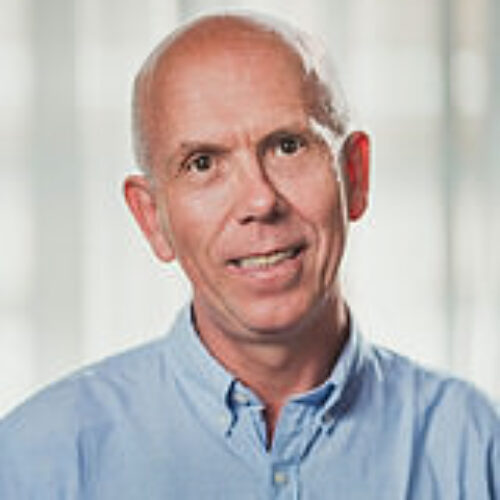
Attila Melegh
Attila Melegh is a sociologist, economist and historian. Attila Melegh studied economics and sociology at Karl Marx University of Economics and social history at Oxford University. He has a PhD in history from Debrecen University. He is habilitated associate professor at Corvinus University, Budapest, and a senior researcher at the Demographic Research Institute. Editor of Eszmélet and Demográfia English Edition journal. He was the founding director of Karl Polányi Research Center at Corvinus University between 2014-22. He has participated and conducted more than 12 major international research projects. For Spring 2024 he has been selected as a Vienna Karl Polanyi Visiting Professor at Vienna University of Economics and Business. Beside another 120 publications he is the author of the book ‘On the East/West Slope, Globalization, Nationalism, Racism and Discourses on Central and Eastern Europe’ published at CEU Press. His new, 2023 book at Palgrave-Macmillan is: The Migration Turn and Eastern Europe: A Global Historical Sociological Analysis.
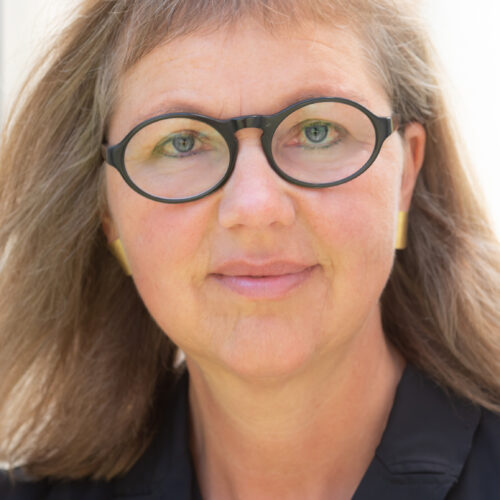
Barbara Thiessen
Barbara Thiessen is a professor in education science, counselling and gender at Bielefeld University, Germany. Her research focuses on counselling and gender; care theory, democracy and social justice; doing family and caring communities. Previously, she was a professor at Landshut University of Applied Sciences for gender-sensitive social work and a senior researcher for family policy at the German Youth Institute in Munich. She was chair of the German Society for Social Work (DGSA) from 2016 to 2022. She is a founding member of https://care-macht-mehr.com/
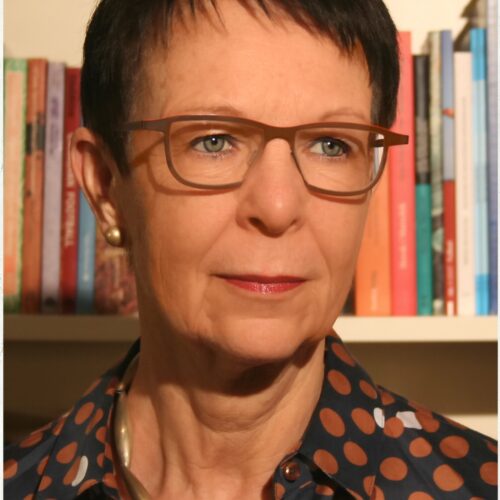
Birgit Sauer
Birgit Sauer is professor emerita of Political Science at the University of Vienna. She works on state theory and democracy with a feminist perspective and on right-wing populism and gender.
Photo Credit: Otto Penz

Christa Wichterich
Christa Wichterich is a gender and development sociologist and works as a university teacher and publicist focusing on neoliberal globalization, gender and care work, feminist political economy, feminist ecology and international social movements. She has worked as a guest professor and lecturer in Germany, Austria, India, and Iran.
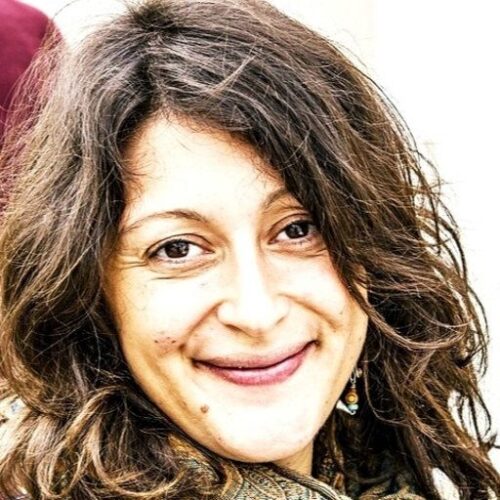
Corinna Dengler
Corinna Dengler works as an Assistant Professor at the Department of Socioeconomics at the Vienna University of Economics and Business (WU Vienna). In 2020, she graduated with a cumulative PhD on what degrowth learns from the feminist critique of science, economics, and growth from the University of Vechta and then transferred to a postdoctoral researcher position at the department for development and postcolonial studies at University of Kassel. Her research focuses on heterodox economics with an emphasis on feminist economics, ecological economic, and global political economy and she is interested in inter- and transdisciplinary work at the intersections of feminisms, decoloniality, and the environment more broadly.
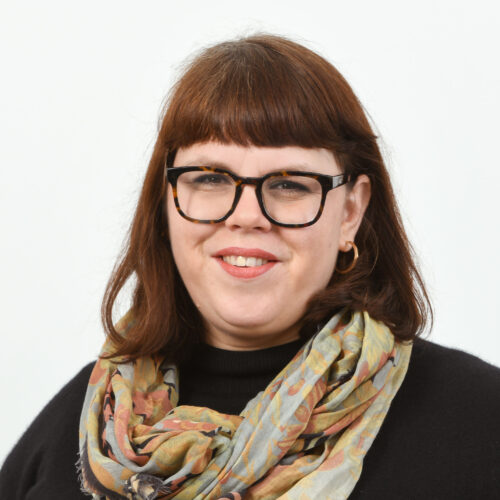
Fabienne Décieux
Board Member & Financial ReferentFabienne Décieux is a research assistant within the FWF research project “The Social Life of XG: Digital infrastructures and the reconfiguration of sovereignty and imagined communities” at the Department of Social Theory and Social Analyses at the Institute of Sociology of the Johannes Kepler University Linz.
Her main research areas are social theory, sociology of work, care and family, social policies, and gender studies. Among her publications are: „Gesellschaft in Transformation: Sorge, Kämpfe und Kapitalismus“, 2024 (with Atzmüller, Binner, Deindl, Grubner, Kreissl), „Capitalism in Transformation. Movements and Countermovements in the 21st Century”, 2019 (with Atzmüller, Aulenbacher, Brand, Fischer, Sauer), and “The origins of our time” Articulations between neoliberal social-policy reforms and the shift to the far-right through the light of Polanyi’s theory of fascism (with Atzmüller).
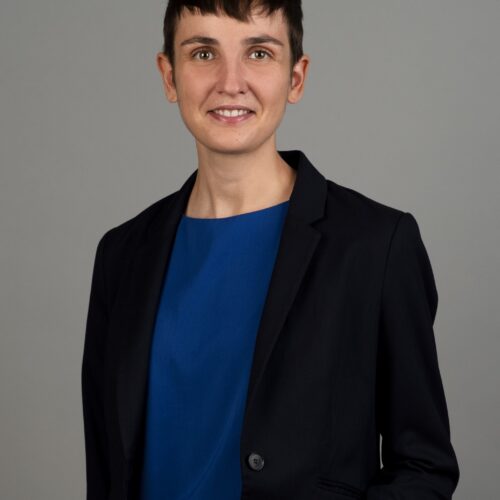
Hanna Völkle
Hanna Völkle researches the feminist-ecological economics of time and is a PhD student at the University of Vechta. She works as a social scientist and research associate for the Harriet Taylor Mill-Institute for Economics and Gender Studies at the Berlin School of Economics and Law.
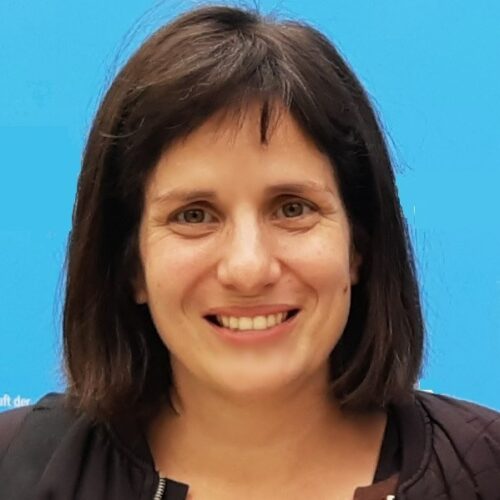
Kimey Pflücke
Dr. Virginia Kimey Pflücke is researching the entanglement of labor and gender relations in the coal phase-out in East Germany and the problems of socio-ecological transformation in the region of Lusatia at Brandenburg University of Technology in Cottbus. She has been active in feminist collectives for years and works on issues of critical theory and a feminist sociology of labor.
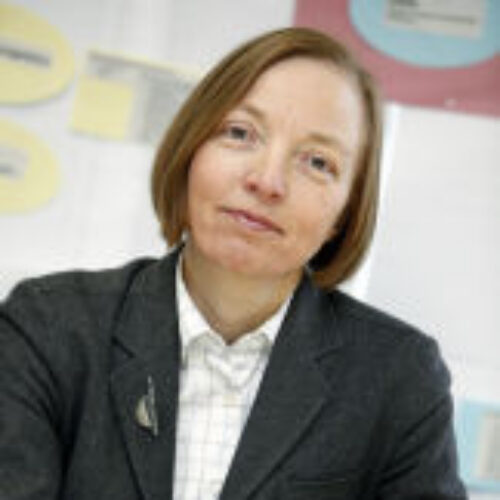
Maren Jochimsen
Maren Jochimsen is an ecological economist and was Secretary General of the European Platform of Women Scientists EPWS in Brussels, an umbrella organisation of networks of women scientists and organisations working for equal opportunities in science. She worked at the University St.Gallen, the University of Cambridge, the Harvard University. Maren is co-founder of the Network for Preventive Economy and co-editor of the Lebensweltökonomie series, on which she herself also publishes a wide range of publications.
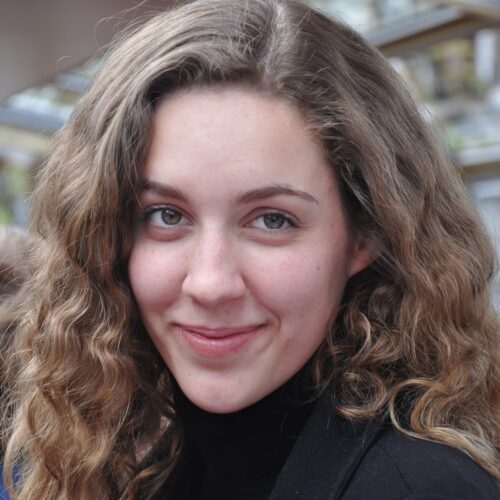
Merle Schulken
Merle Schulken currently is a PhD student at the University of Massachusetts Amherst’s College of Social & Behavioral Sciences at the Department of Economics and active in Degrowth as well as part of the Degrowth & Strategy Editorial Team.

Raphael Deindl
Raphael Deindl is a PhD-Canidate and Research Assistant at the Institute of Sociology in the Department of Social Theory and Social Analysis, Johannes Kepler University Linz. His main research areas are: the theory of society and capitalism, political sociology and welfare regimes (focus: familialism).

Richard Bärnthaler
Richard Bärnthaler is a prae doc researcher at the Vienna University of Economics and Business, Institute for Multi-Level Governance and Development. His research focuses on strategies for a social-ecological transformation. He is a.o. winner of the Kurt Rothschild Award for Economic Journalism and Research 2019, member of the International Karl Polanyi Society and part of the Vienna Foundational Economy Collective.
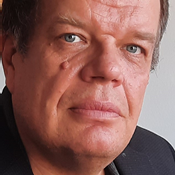
Roland Atzmüller
Board MemberRoland Atzmüller is Associate Professor at the Institute of Sociology at the Department of social theory and social analyses at Johannes Kepler University in Linz, Austria. Before, he was a researcher at the Working Lives Center Vienna (FORBA). He has co-edited ‘Capitalism in transformation: Movements and Countermovements in the 21st Century, Edward Elgar Publishing, Northampton, 2019’ together with Brigitte Aulenbacher. In this book he published with Fabienne Décieux “Freedom’s utter frustration . . .: Neoliberal social-policy reforms and the shift to the far-right through Polanyi’s theory of fascism”. Roland Atzmüller works on (critical) theories of capitalist societies, welfare states and social policies with an emphasis on labour market policies.
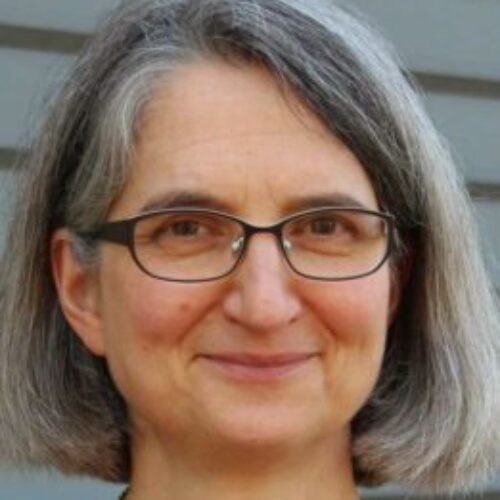
Ulrike Knobloch
Ulrike Knobloch is an economist and philosopher researching gender-conscious business ethics, lifeworld economics and care economics as well es health care economics comparison. She is an expert on the economics of care work and Professor of Economics and Gender at the University of Vechta, teaching Plural Feminist Economics and its normative foundations, Economics of paid and unpaid labor and feminist-critical thinking in social economy and household economics.